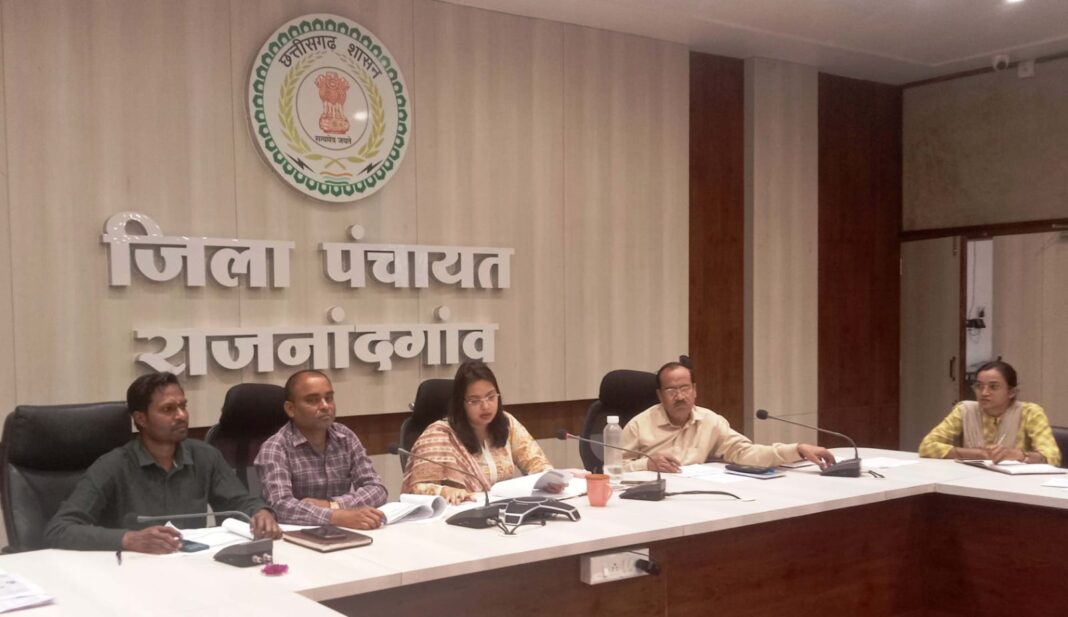Rajnandgaon (BTI)- In an effort to promote sustainable farming practices, the Agriculture Department, under the Extension Reform ATMA Scheme, organized a training program for farmers in Ghupsal Kumarda village of Chhuriya development block. The training focused on water conservation, crop diversification, and efficient farm management during the Rabi and Kharif seasons. Farmers were encouraged to adopt pulse and oilseed crops instead of water-intensive crops to improve productivity and sustainability.
In addition to technical guidance, the session provided crucial information on government schemes, including:
- Advance procurement of fertilizers
- Pradhan Mantri Kisan Samman Nidhi (PM-KISAN)
- Pradhan Mantri Fasal Bima Yojana (PMFBY)
These initiatives aim to provide financial support and risk coverage to farmers, ensuring stability in agricultural income.
The Need for Water Conservation in Agriculture
Sub-Divisional Officer (Revenue) of Dongargaon, Shri Shrikant Korram, highlighted the declining groundwater levels in the region, emphasizing the urgent need for water conservation. He advised farmers to opt for crops that require less water during the Kharif season, such as maize, which not only helps in water conservation but also ensures good economic returns for farmers.
Speaking at the event, Shri Korram elaborated on the benefits of crop diversification and stressed that switching to maize farming has already yielded significant profits for many farmers in the district. He urged more farmers to embrace innovative agricultural techniques to maximize productivity while conserving resources.
Expert Insights and Government Support
The event saw participation from village head (Sarpanch) Shri Naresh Shukla, Naib Tehsildar Shri Vijay Sahu, and Rural Agriculture Extension Officers Shri M.L. Savai and Twinkle Sahu, who shared valuable insights on various government schemes and agricultural advancements.
During the program, SDM Shri Shrikant Korram, along with public representatives, officials, and villagers, personally visited farmers’ fields to inspect maize crops. The field visit allowed officials to interact directly with farmers, understand their challenges, and suggest practical solutions for improving yield and profitability.
Promoting Sustainable and Profitable Farming
The training program served as a crucial platform for knowledge-sharing, where experts emphasized the importance of adopting modern, water-efficient agricultural techniques. With rising concerns over water scarcity and changing climatic conditions, farmers are being encouraged to shift towards sustainable farming practices that ensure long-term benefits for both agriculture and the environment.
As the region faces challenges in groundwater depletion, such initiatives play a key role in equipping farmers with the right knowledge and tools to adopt eco-friendly farming methods while also improving their economic stability.




